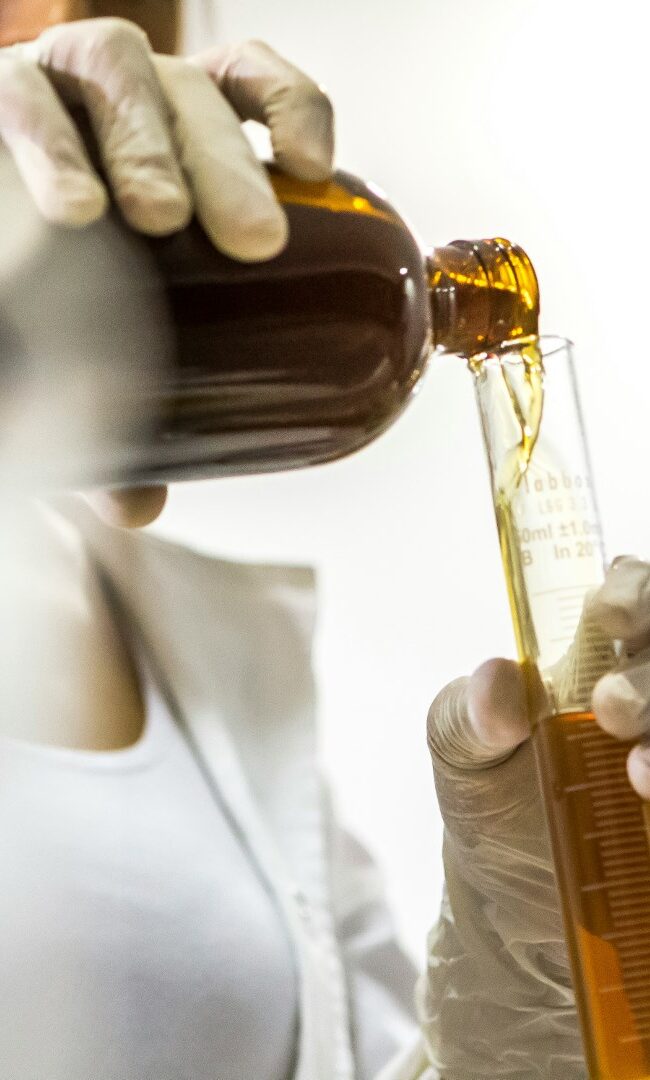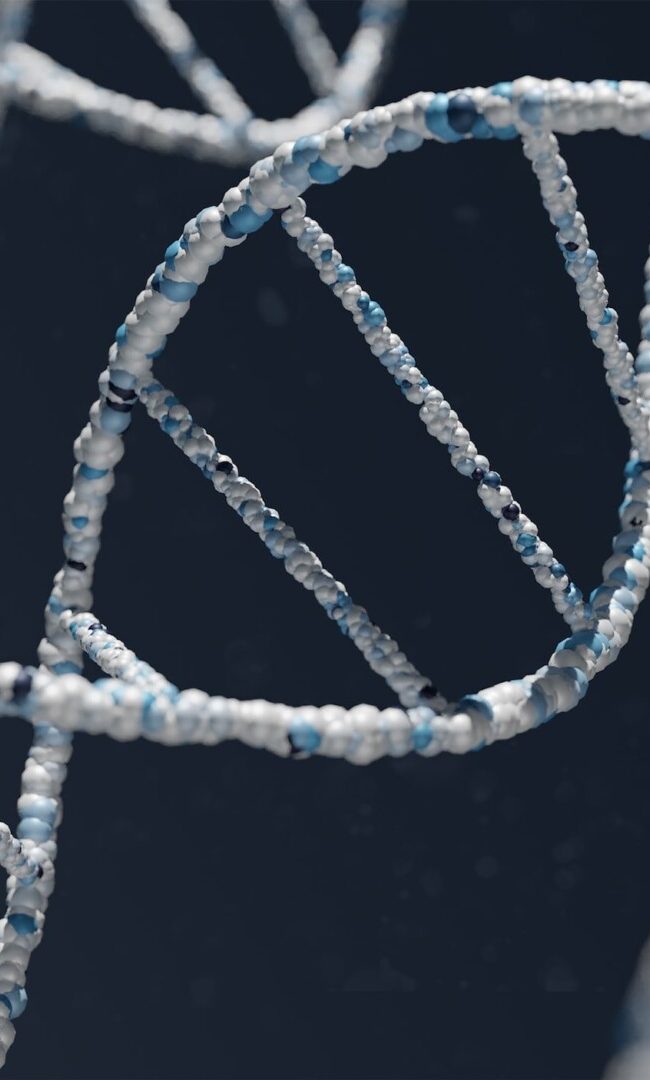No products in the cart.
The Science
We believe that genetic testing is not just about the science; it's about people.

Our commitment
to personalized care
Our commitment to personalized care extends beyond the laboratory. We offer comprehensive support, including pre-test counseling to address concerns and expectations, and post-test counseling to guide you through the results and potential next steps.
Our approach
We harness the power of advanced genetic technologies to provide unparalleled insights into your DNA. Our approach combines rigorous scientific methodologies with a deep understanding of human genetics to deliver accurate and actionable results.
Free Consultation
Our genetic testing journey begins with a comprehensive consultation to understand your medical history, family background, and specific concerns. Based on this information, we recommend the most appropriate tests.
Laboratory Analysis
The collected samples undergo rigorous laboratory analysis using our state-of-the-art technologies. Our team of experienced scientists interprets the results meticulously, correlating the findings with the latest scientific knowledge.
Counseling Session
Following the testing process, we provide a detailed explanation of the results in a confidential counseling session. Our goal is to empower you with the information needed to make informed decisions about your health and well-being.
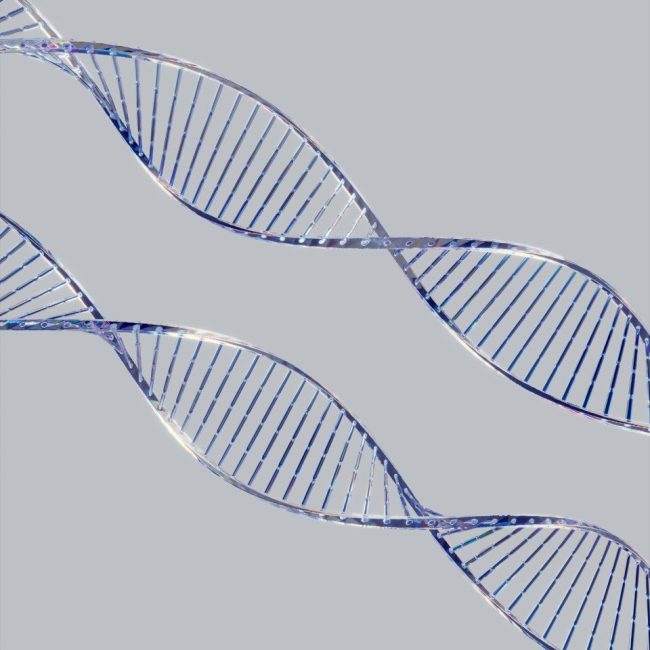
Next-Generation Sequencing (NGS)
Next-Generation Sequencing (NGS) is a revolutionary technology that has transformed the field of genetics. Imagine your DNA as a vast library filled with volumes of information. NGS is akin to reading every single letter in this library at once. This powerful technology allows us to examine your entire genetic code or specific regions with unprecedented speed and accuracy.
The following are examples of tests that
leverages the power of NGS
Preimplantation Genetic Testing (PGT-A and PGT-M)
In the context of assisted reproductive technologies, PGT-A and PGT-M utilize NGS to examine the genetic makeup of embryos before implantation. PGT-A screens for chromosomal abnormalities, such as aneuploidy (abnormal number of chromosomes), while PGT-M identifies specific gene mutations linked to inherited diseases. By selecting embryos with normal chromosome numbers and without known genetic disorders, these techniques significantly enhance the chances of a successful pregnancy and the birth of a healthy child.
Whole Exome Sequencing and Clinical Exome Sequencing
Think of your DNA as a vast instruction manual for your body! Only a small part of this manual actually contains the essential instructions for building and running your body. This crucial part is called the exome. When we analyze your exome, we're essentially reading the core instruction set that makes you who you are. Whole exome sequencing (WES) analyzes the entire exome, while clinical exome sequencing (CES) focuses on a targeted panel of genes associated with specific diseases or traits. These techniques are invaluable for identifying genetic variants linked to a wide range of conditions, from rare genetic disorders to complex multifactorial diseases.
Non-Invasive Prenatal Testing (NIPT)
NGS enables the analysis of cell-free fetal DNA circulating in maternal blood. NIPT can screen for common chromosomal abnormalities such as Down syndrome, trisomy 18, and trisomy 13 with high accuracy [Link to NIPT].
Cancer Panels
NGS plays a pivotal role in cancer diagnosis and treatment by identifying genetic alterations in tumor cells. Comprehensive cancer panels analyze a large number of genes associated with different cancer types, providing insights into tumor characteristics, prognosis, and treatment options [Links to relevant panels].
Lifestyle Panels
By sequencing specific genes involved in nutrient metabolism and processing, NGS can help identify genetic variations influencing dietary needs and responses. This information can be used to develop personalized nutrition plans and optimize metabolic health [Link to Lifestyle pages].
Ancestry Testing
NGS allows for a detailed analysis of genetic markers across different populations, enabling accurate tracing of ancestral lineages and providing insights into ethnic heritage [Link to ancestry testing].
Learn more about the tech behind our test kits
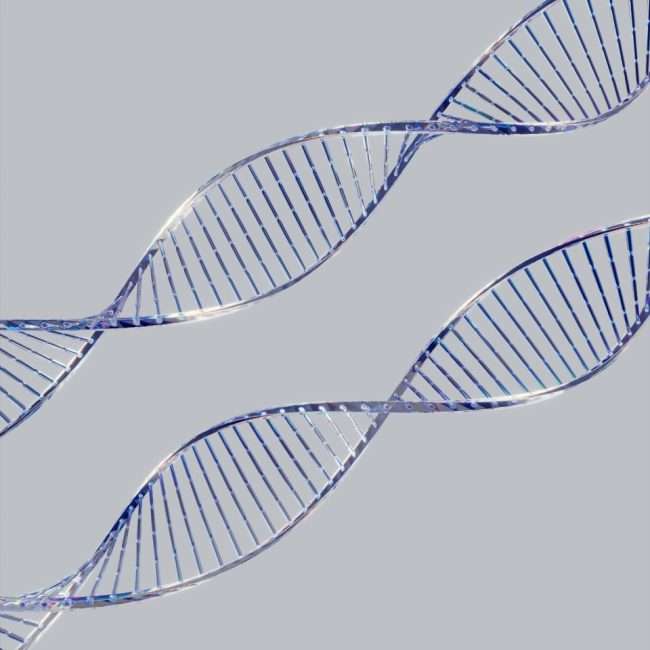
qPCR (Quantitative Polymerase Chain Reaction)
qPCR is a method to precisely measure the amount of specific genetic material in a sample. Think of it as counting the number of specific items in a box without having to open it and count them one by one; this helps us identify anomalous genetic changes that explains and associates with the clinical picture.
- Y Chromosome Microdeletions: qPCR is employed to analyze a region of the Y chromosome that is responsible for spermatogenesis; the process of making sperm. Deletions of small parts of this region is associated with azoospermia (a condition where there is no sperm in the semen), leading to male infertility; qPCR helps identify these abnormalities.
- Genetic Mutations: By targeting specific DNA sequences, qPCR can detect mutations associated with various genetic disorders, including blood clotting disorders, inflammatory diseases, and cancers.
- GenDer Peek-a-boo Test: qPCR can be used to amplify specific fetal DNA sequences in the maternal circulation associated with male or female sex chromosomes, allowing for early sex determination in pregnancy.
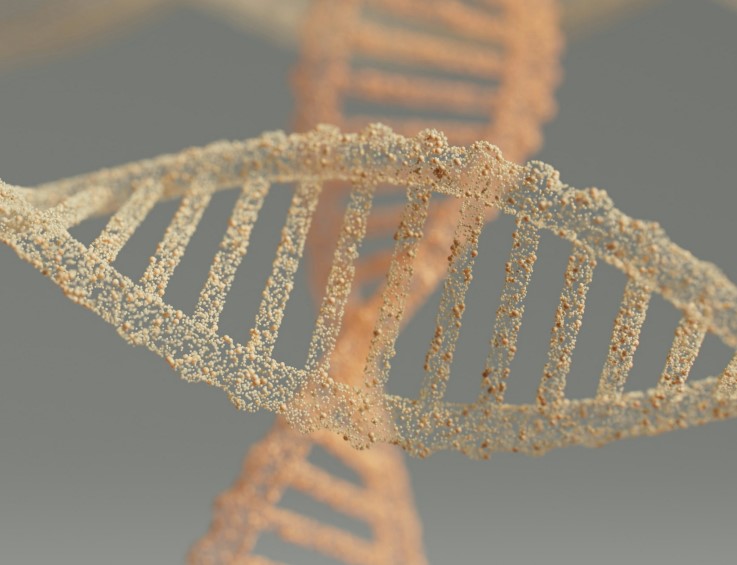
FISH (Fluorescence in Situ Hybridization)
FISH is a cytogenetic technique that utilizes fluorescent probes to visualize specific DNA sequences on chromosomes.
- Sex Selection: By targeting specific probes to the X and Y chromosomes, FISH can determine the sex of an embryo, enabling preimplantation sex selection.
- Aneuploidies: FISH can rapidly detect chromosomal abnormalities such as Down syndrome (trisomy 21), trisomy 18, and trisomy 13 by targeting specific regions on these chromosomes.
- Structural Chromosomal Abnormalities: FISH can identify large-scale chromosomal abnormalities, including deletions, duplications, and translocations, by visualizing specific chromosomal regions.
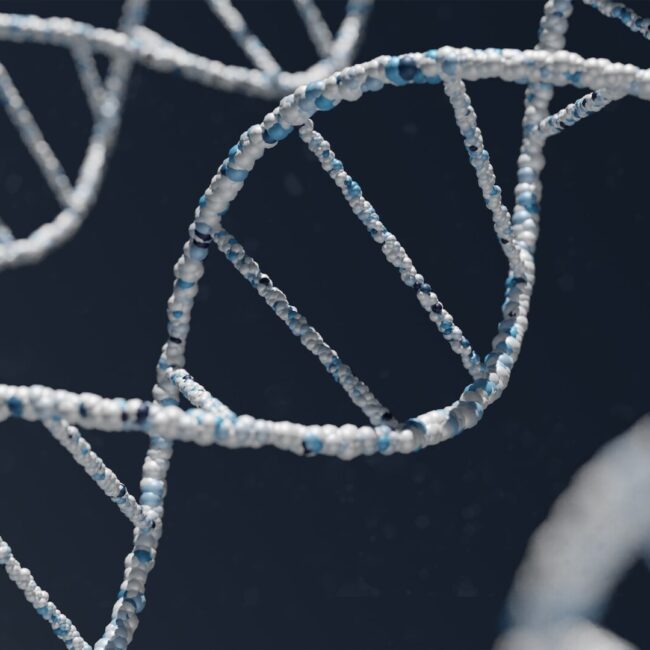
Cytogenetics
Cytogenetics involves microscopical study of chromosomes and their abnormalities.
- Structural Chromosomal Abnormalities: Traditional cytogenetic techniques, such as karyotyping, can detect visible changes in chromosome structure, including deletions, duplications, inversions, and translocations.
- Copy Number Variations: While not as precise as NGS, cytogenetics can identify large-scale copy number variations, such as extra or missing chromosomes, which are associated with various genetic disorders.



